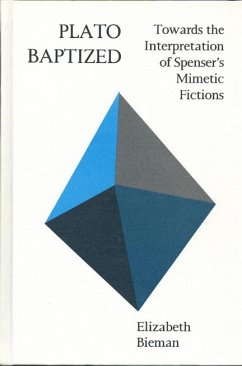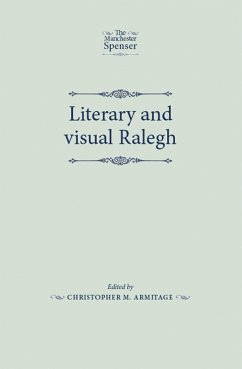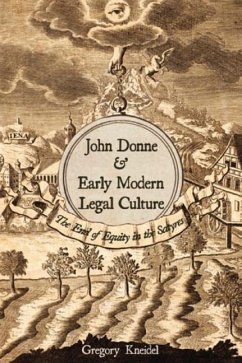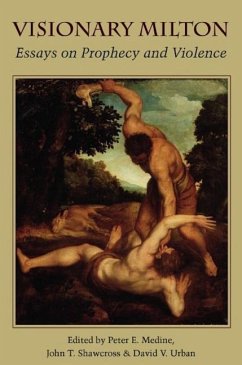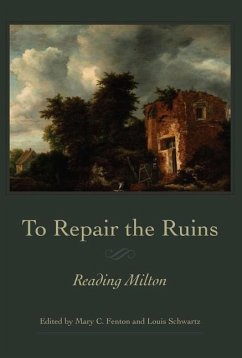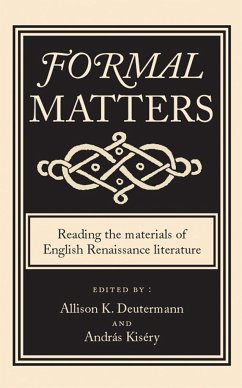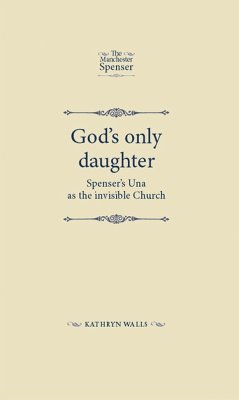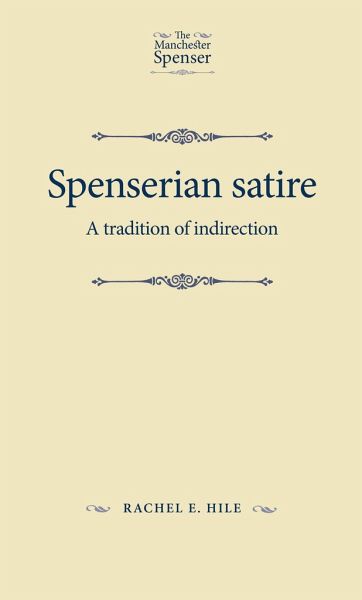
Spenserian Satire
A Tradition of Indirection
Versandkostenfrei!
Versandfertig in über 4 Wochen
128,99 €
inkl. MwSt.
Weitere Ausgaben:

PAYBACK Punkte
64 °P sammeln!
Scholars of Edmund Spenser have focused much more on his accomplishments in epic and pastoral than his work in satire. Scholars of early modern English satire almost never discuss Spenser. However, these critical gaps stem from later developments in the canon rather than any insignificance in Spenser's accomplishments and influence on satiric poetry. This book argues that the indirect form of satire developed by Spenser served during and after Spenser's lifetime as an important model for other poets who wished to convey satirical messages with some degree of safety. The book connects key Spens...
Scholars of Edmund Spenser have focused much more on his accomplishments in epic and pastoral than his work in satire. Scholars of early modern English satire almost never discuss Spenser. However, these critical gaps stem from later developments in the canon rather than any insignificance in Spenser's accomplishments and influence on satiric poetry. This book argues that the indirect form of satire developed by Spenser served during and after Spenser's lifetime as an important model for other poets who wished to convey satirical messages with some degree of safety. The book connects key Spenserian texts in The Shepheardes Calender and the Complaints volume with poems by a range of authors in the late sixteenth and early seventeenth centuries, including Joseph Hall, Thomas Nashe, Tailboys Dymoke, Thomas Middleton and George Wither, to advance the thesis that Spenser was seen by his contemporaries as highly relevant to satire in Elizabethan England.




